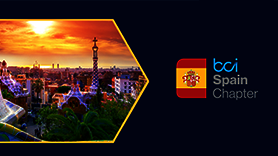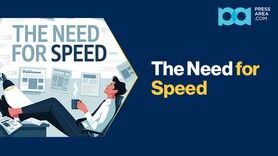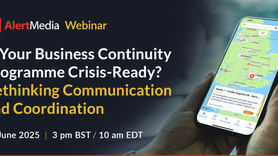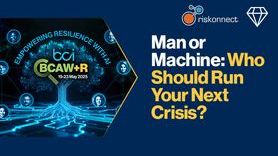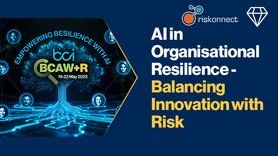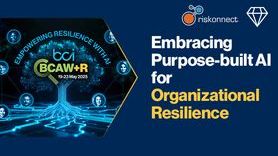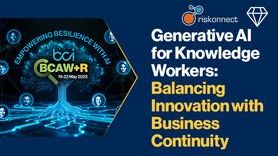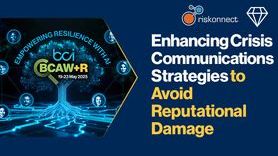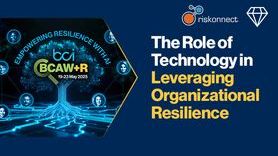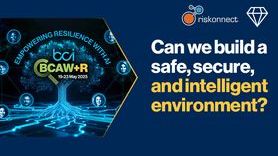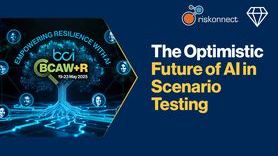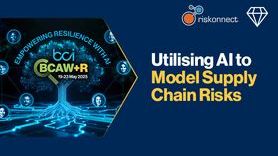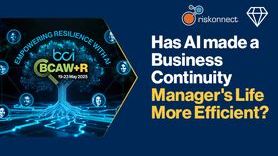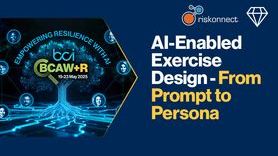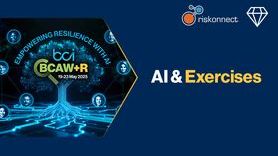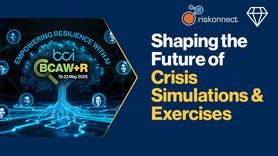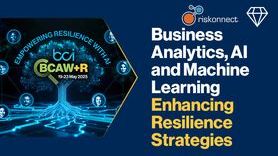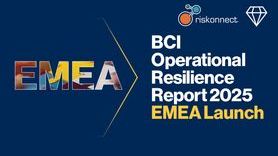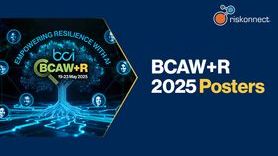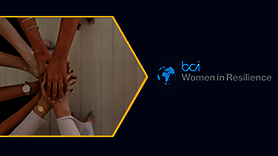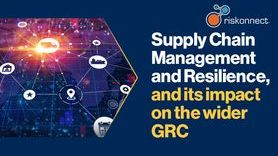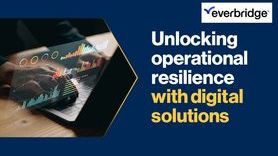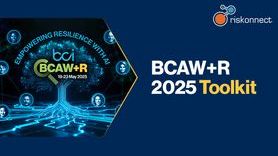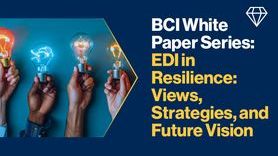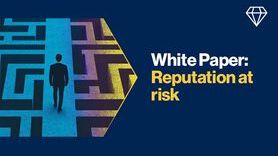Women in Resilience (WiR) Ally Spotlight: Luke Bird
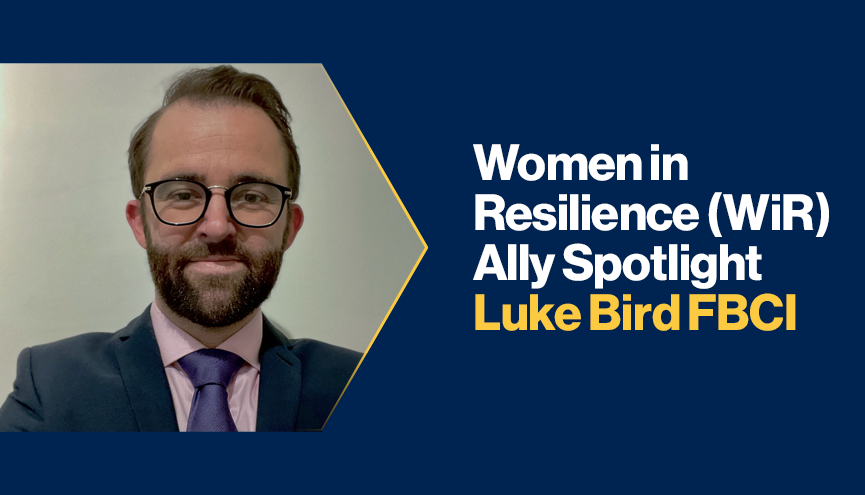
Luke is an award-winning continuity, resilience, and risk professional, now leading on resilience risk management in global financial services. He currently sits on the Global Board of Directors for the Business Continuity Institute whilst also spending the last 4 years as a BCI Scotland Chapter Committee Member. He is an avid blogger on risk and resilience via the BCI Website, Continuity Central , and his own website Resilience Rewire.
Why do you believe it is important for more women to join the resilience field?
There are many reasons but I’ll go for empathy and compassion. I’m not saying men aren’t either of those things but the female leaders who have guided my career, and there have been quite a few, have typically shown more empathy, understanding and balance, which undoubtedly helped me thrive. I need that kind of support to grow and it has helped me to develop both as a person and as a professional.
Looking back, I can’t believe those individuals were so incredibly generous to me regardless of the fact that I came from a culture which, in many cases, they would have had to battle through themselves. I am forever grateful!
Indeed, as a millennial coming into business continuity, I don’t recall many women being involved. Instead, I arrived into an environment dominated by strong, white men. Not only that but they seemed to be alpha males. This encouraged me to hide my feelings and I avoided bringing my whole self to work and networking. If I’m a young, white aspiring male and I felt like that, can you imagine how my female colleagues might have felt?
Therefore, I believe character traits like empathy and compassion are vital and also bring with them patience and understanding. How is that not going to benefit decision-making and effective collaboration? In my opinion, organizations will only become stronger with an increased representation of women. There are plenty of arguments for increased representation beyond this but I wanted to pick one that has influenced me directly.
How have you personally contributed as an ally to others?
To start with I tried to educate myself by attending sessions from BCI Women in Resilience and Scotland Women in Technology groups to hear and understand the challenges my female colleagues were experiencing. This took me onto blogs, articles and then books (I recommend Gill Whitty-Collins “Why Men Win at Work”). I also spoke with my partner and asked her questions about her experiences.
Following this, I’ve taken to celebrate my female co-workers and peers in the community in any way I can. I do this through linking and sharing their content, referring to their work on my own blogs, and attending their webinars, podcasts, etc., whenever I could.
I then started to introduce positive challenges to people around me and also to myself. The two most common things I now witness all the time are:
1. Women being interrupted in meetings
2. Men presenting on work women have created/owned.
I now have subtle and sometimes direct ways of calling these two things out. It’s become muscle memory. I call myself out as well, as it has to start with you.
What are some challenges which you have supported women to overcome in their career?
I think one challenge is knowing where to start with self-marketing/promotion. I’ve found my female colleagues are far less inclined to seek out opportunities to stand front and centre on something, even when they are the absolute expert. It’s often a completely different scenario with men because some can fall over one another to put themselves forward for anything without even thinking. I include myself in that statement, I’m embarrassed to say!
By leveraging my position as a global board member, I’d like to think that I’ve helped some of my female colleagues and peers in adding to their audience, so they can increase exactly who is seeing their amazing work. I actively share and support wherever I can by taking a keen interest in anyone with a passion in our field. This includes inviting female connections to present their content to my business colleagues, recommending people for podcasts and conferences, as well as nominating people for awards, etc.
Which schemes have you seen work effectively in your team and organization to promote women?
Recently, I have seen the Women in Technology group at Morgan Stanley, the Scottish Women in Technology, The Top 100 Women in Technology and The BCI’s Women in Resilience (the list goes on), mobilise and grow from strength to strength within the last 5 years. This is raising awareness, providing recognition and creating a platform.
It also appears to be educating and empowering allies to join the positive change. I’ve become more empowered to help in the last couple of years and it was because of these groups.
What advice would you give to other men to encourage them to contribute as an ally to women in resilience?
I recently presented to The BCI’s WiR group on my approaches to being an ally, where we discussed this exact topic. I decided to write up my answers in a blog and post them on my website.
However, in a nutshell, I think you need to educate yourself continuously on the topic, celebrate your female colleagues and push more of a spotlight on all the good work they do and then find ways to challenge some of the behaviours that we see.










